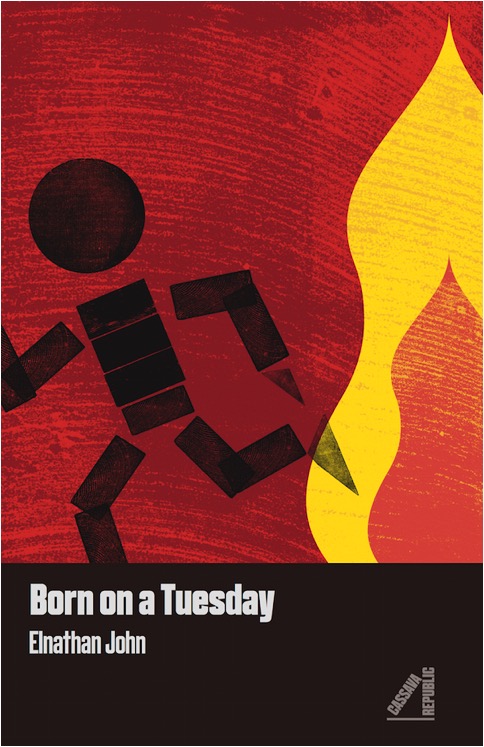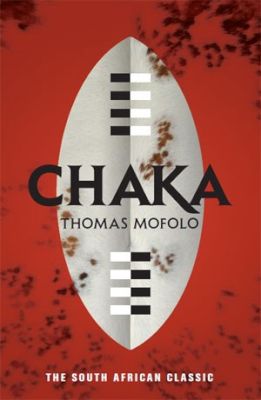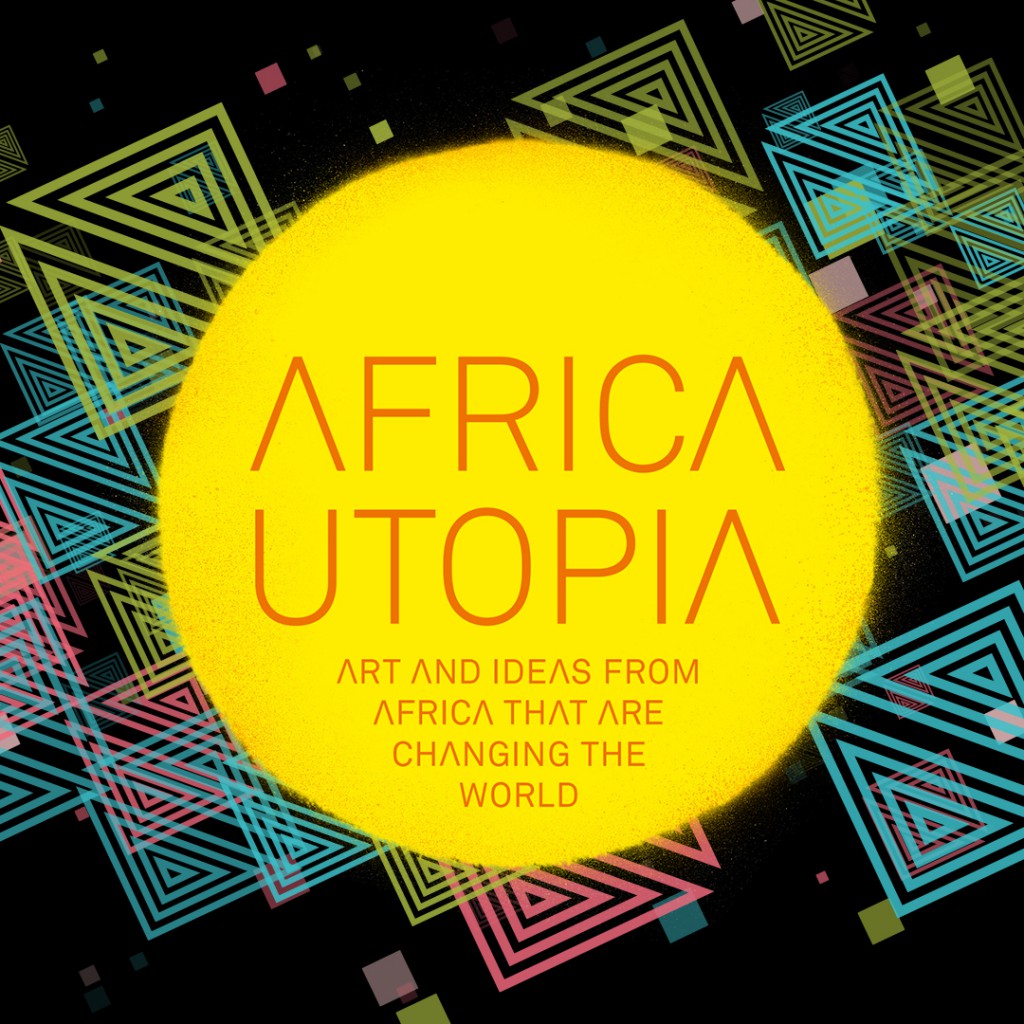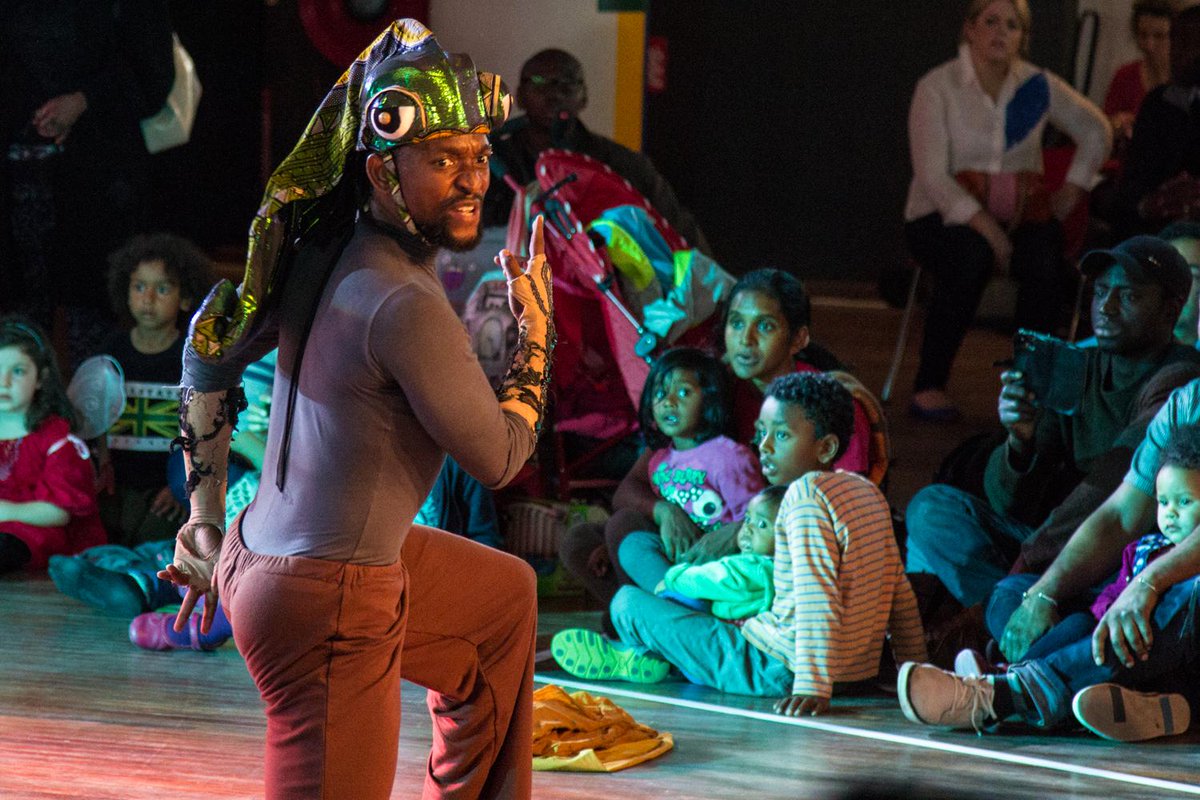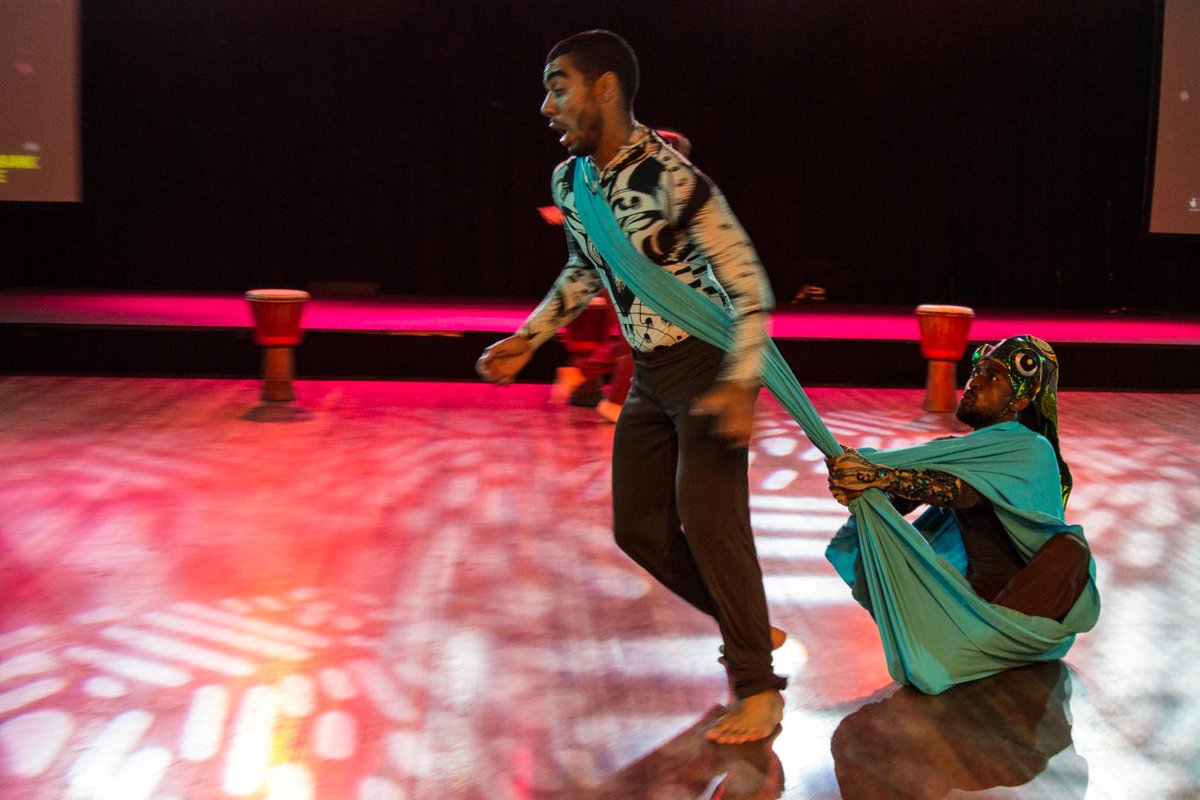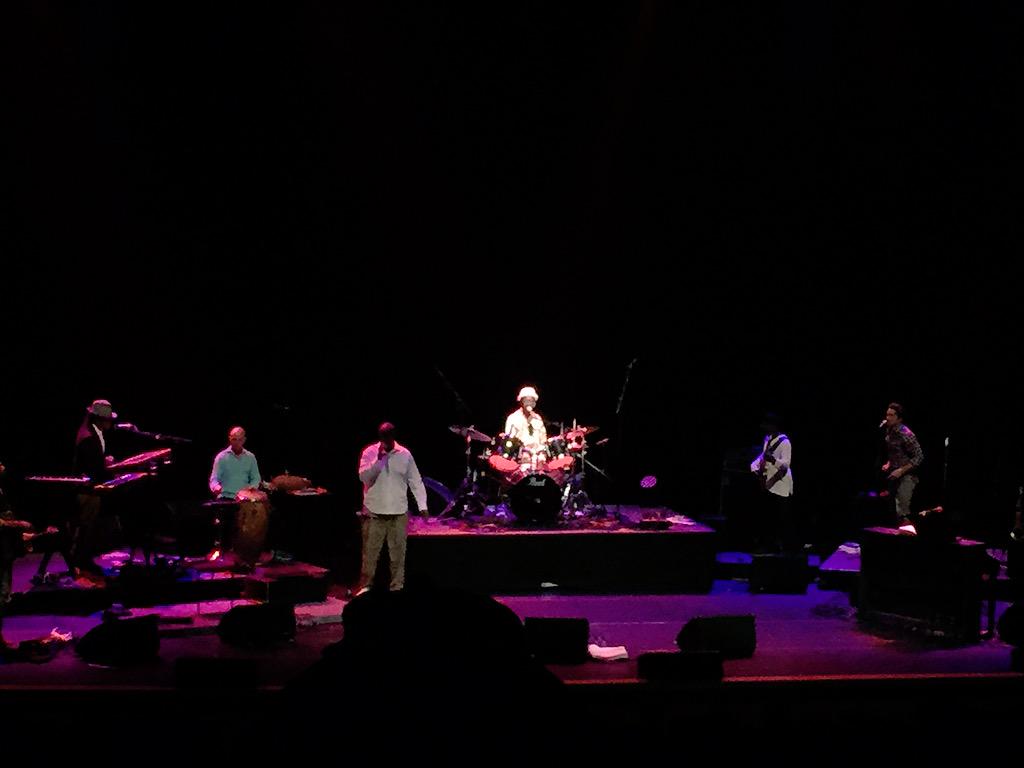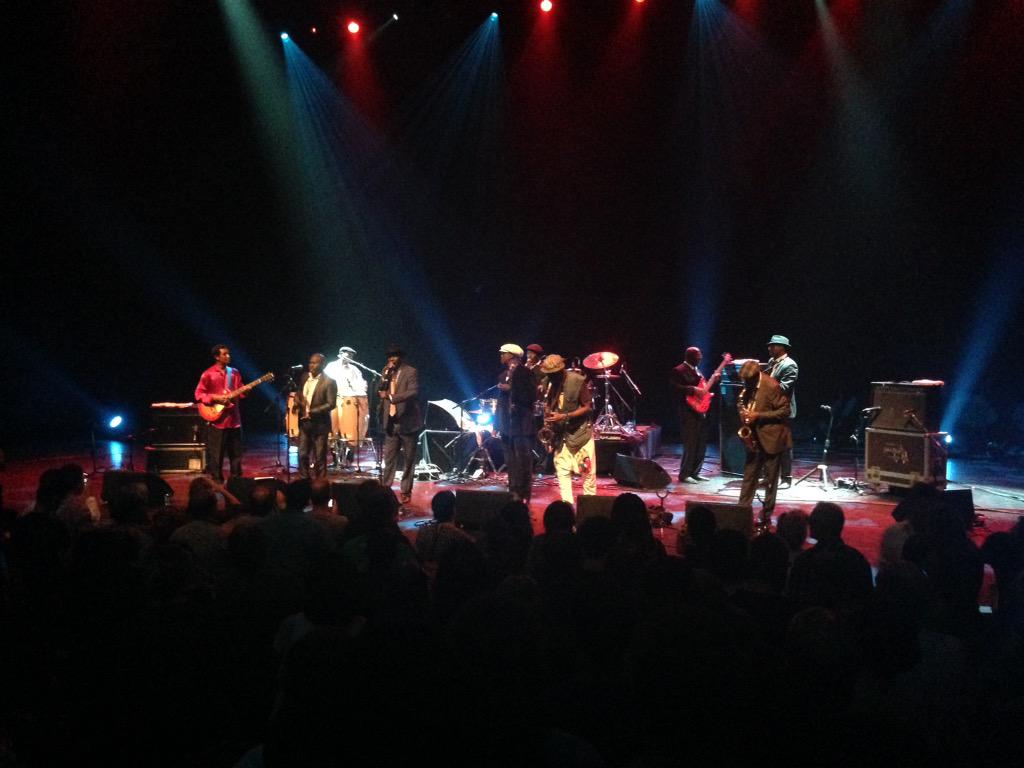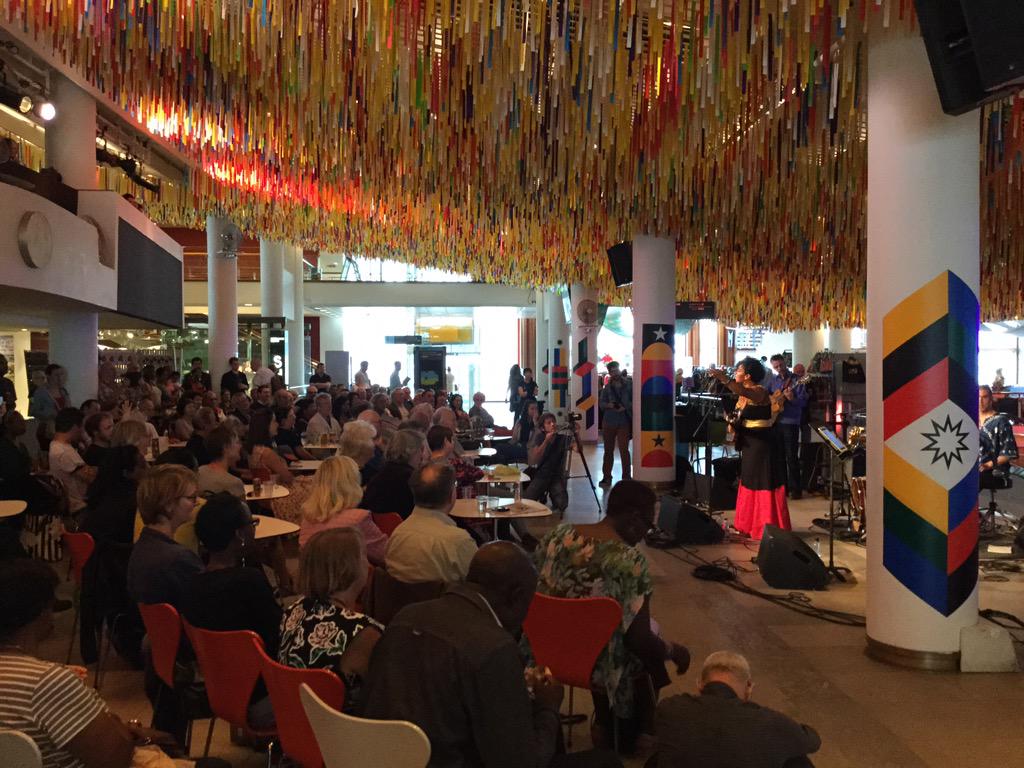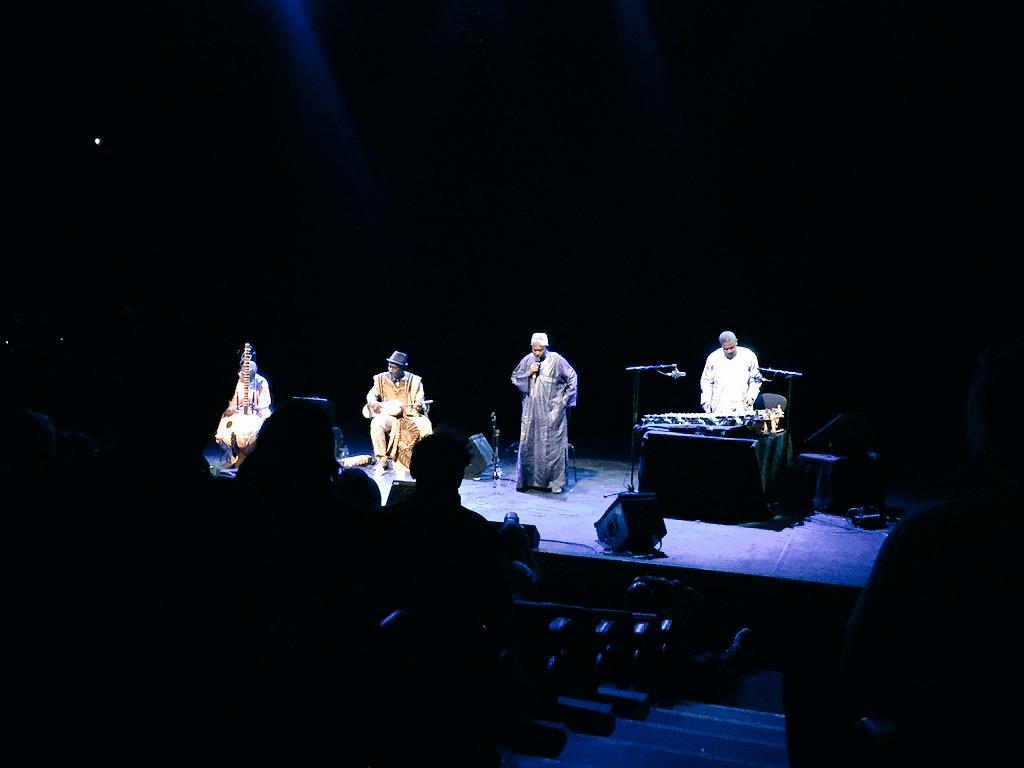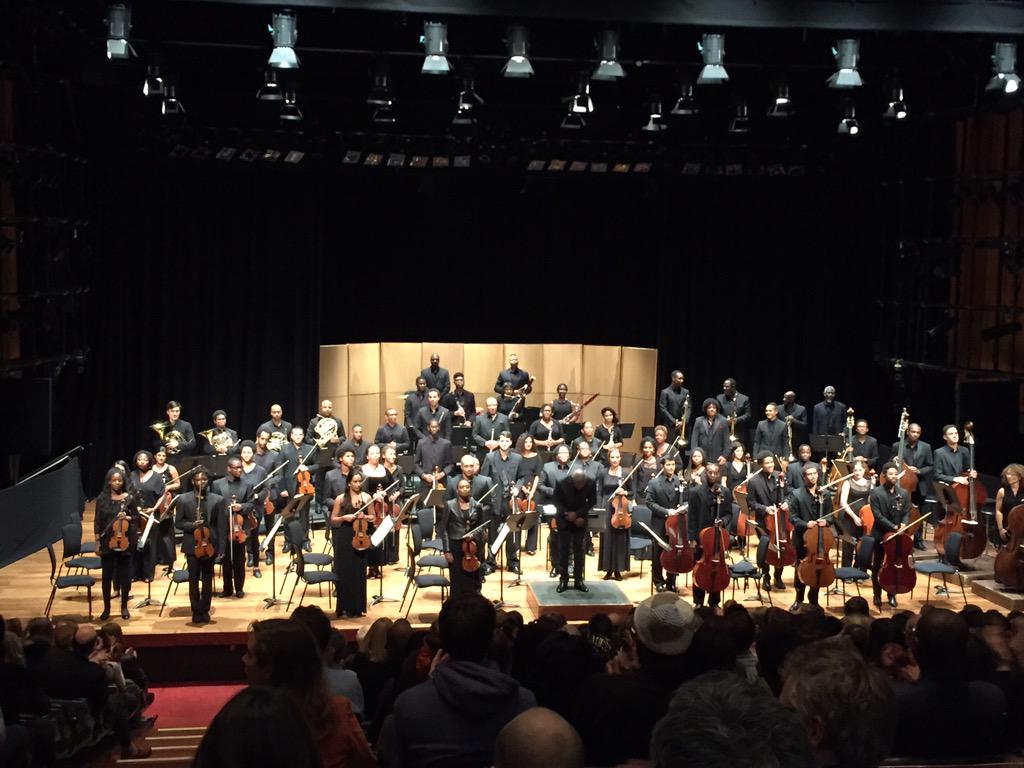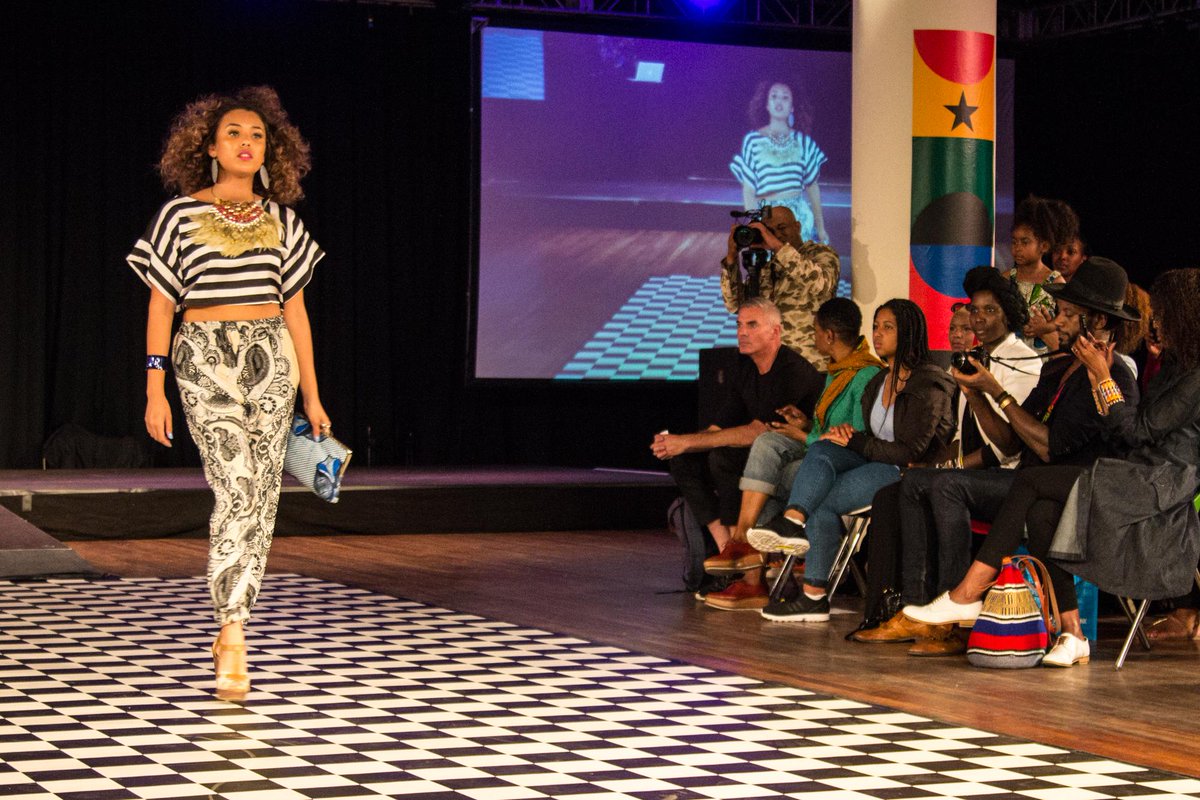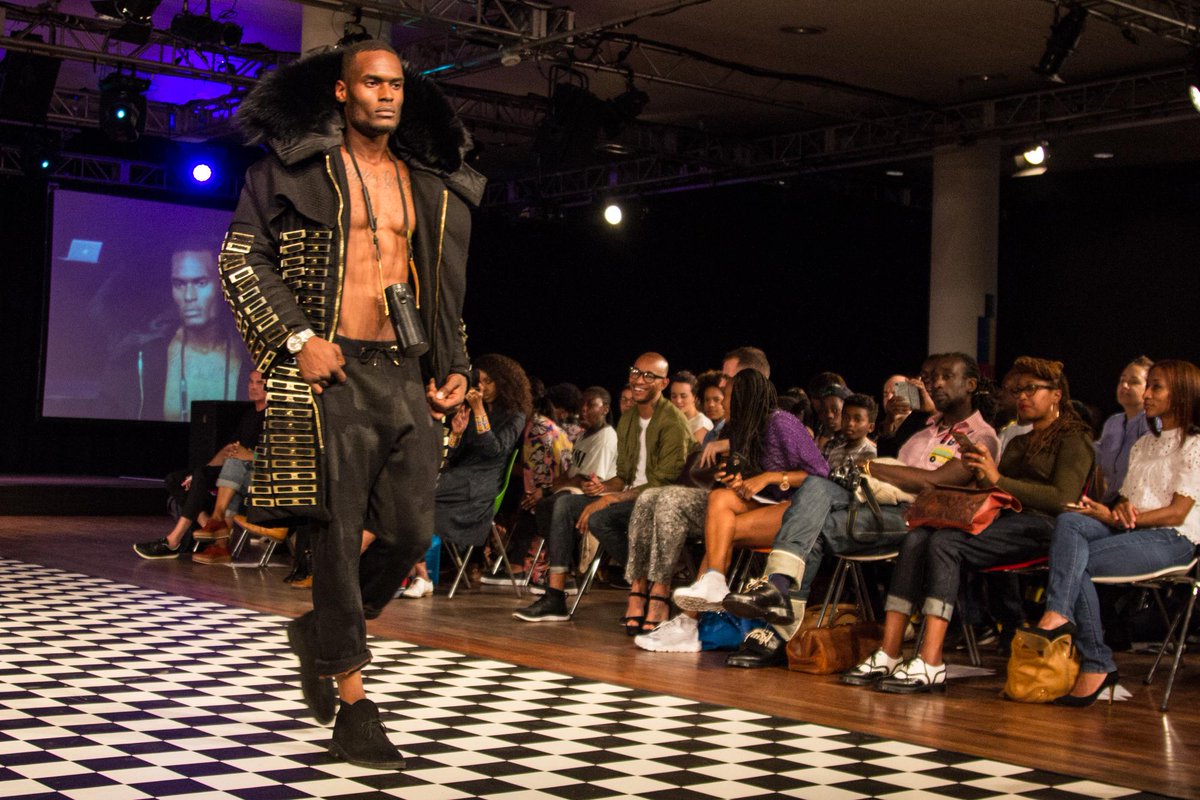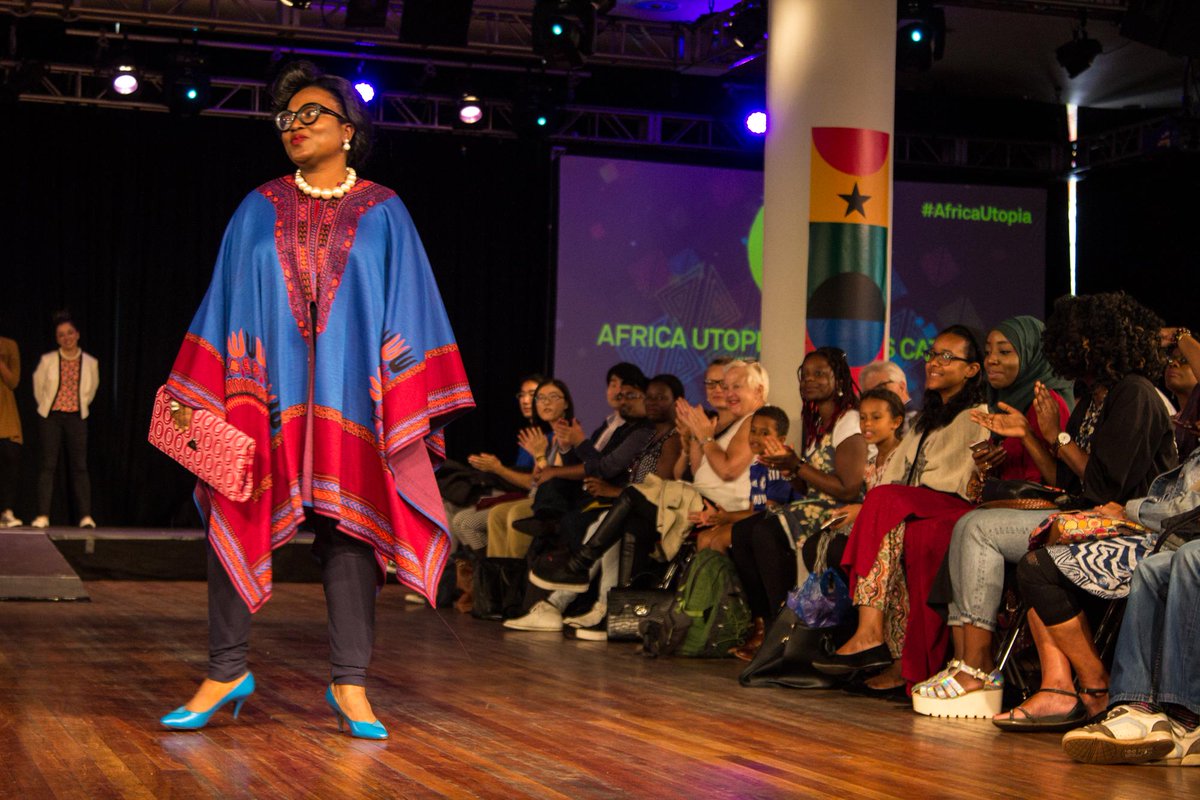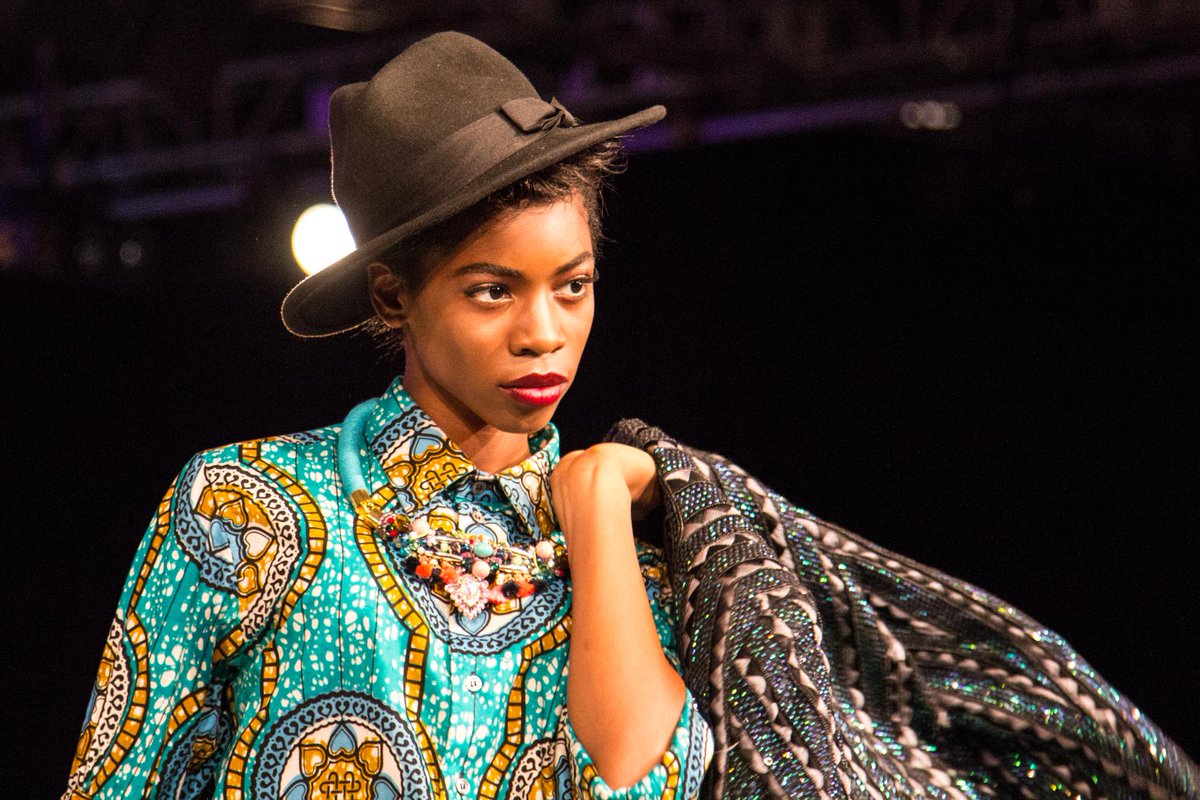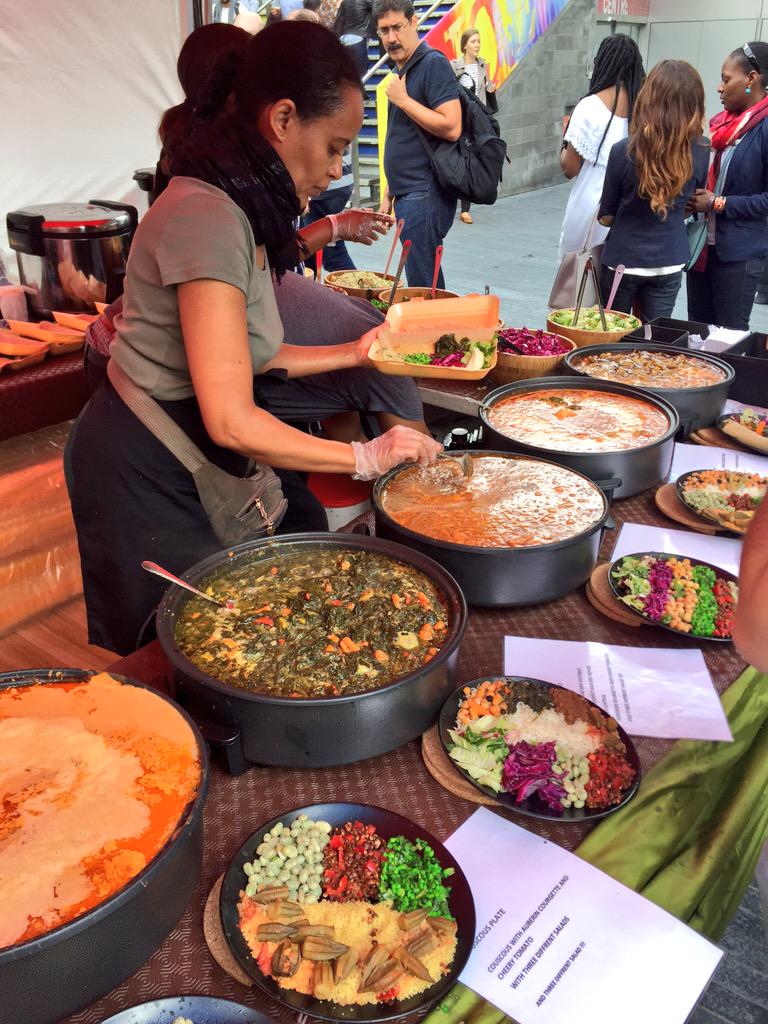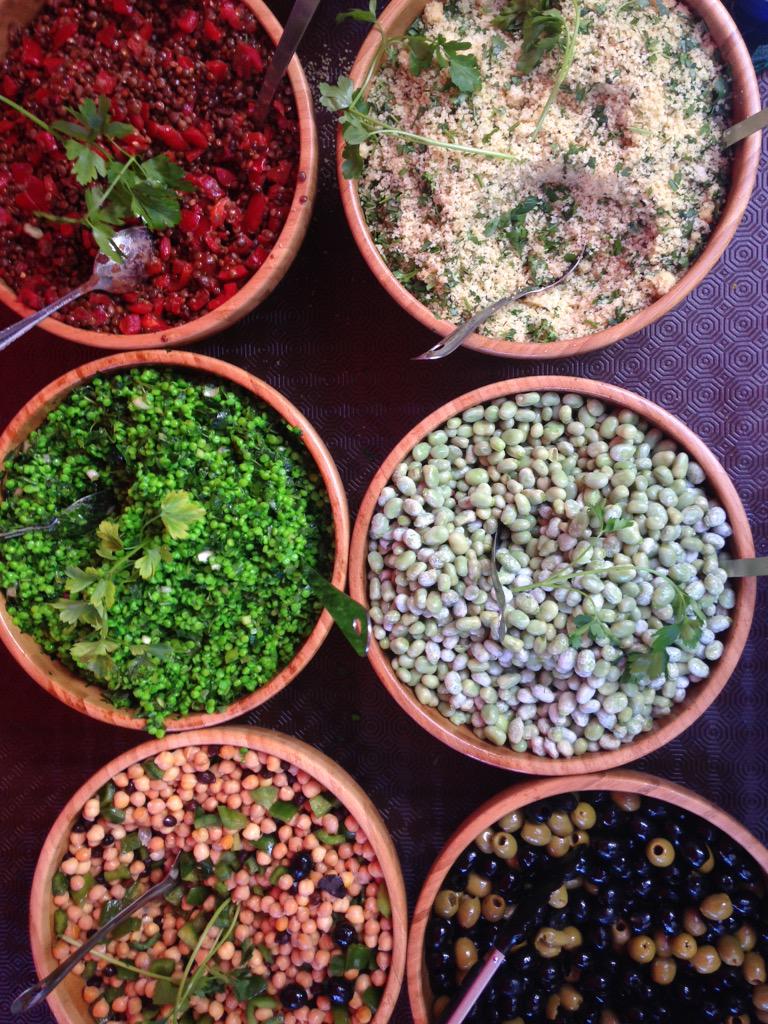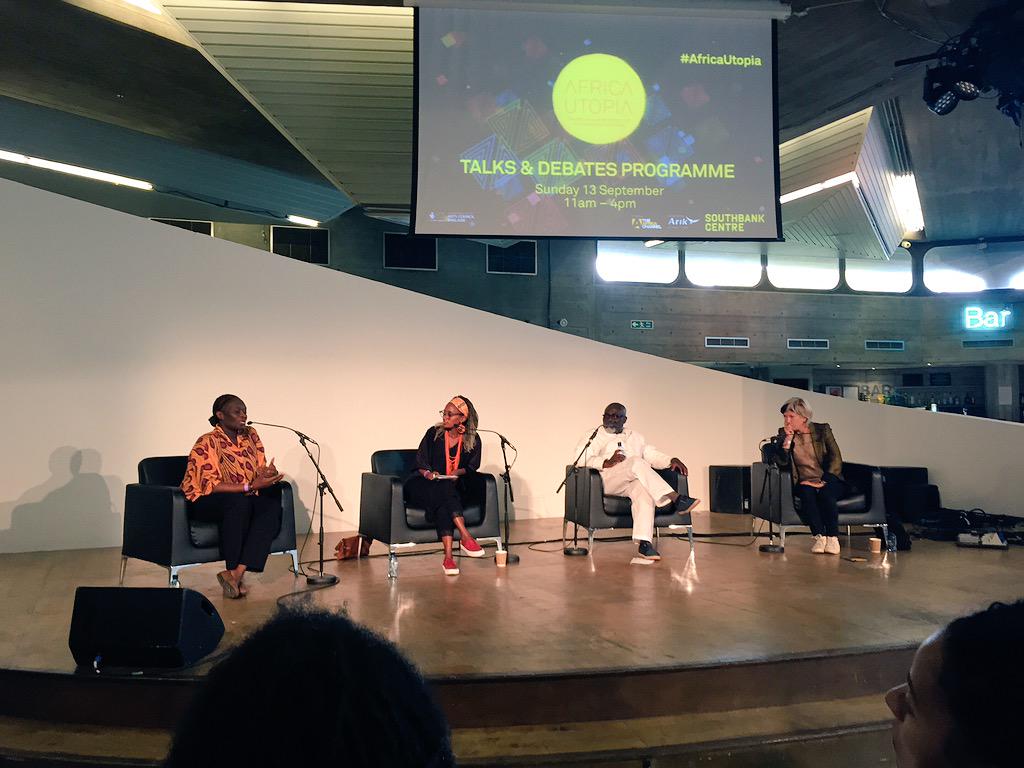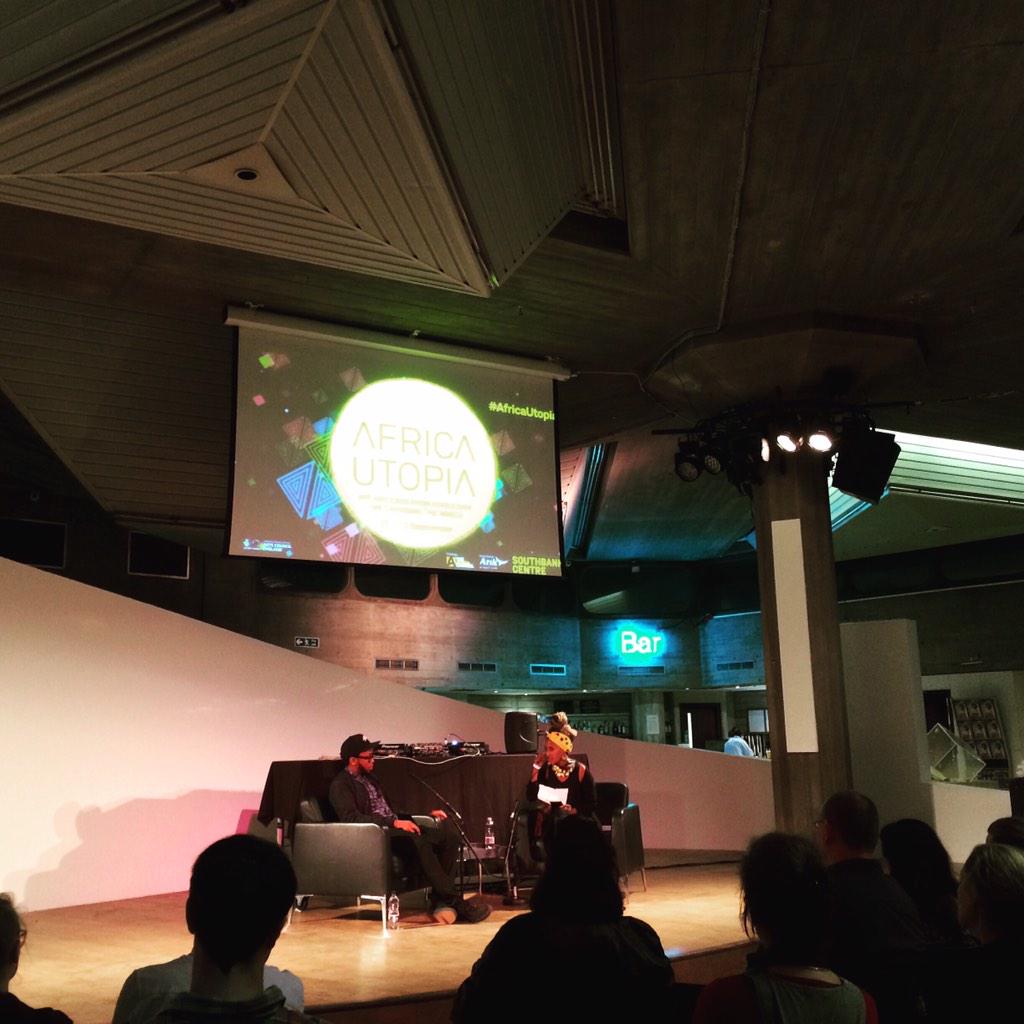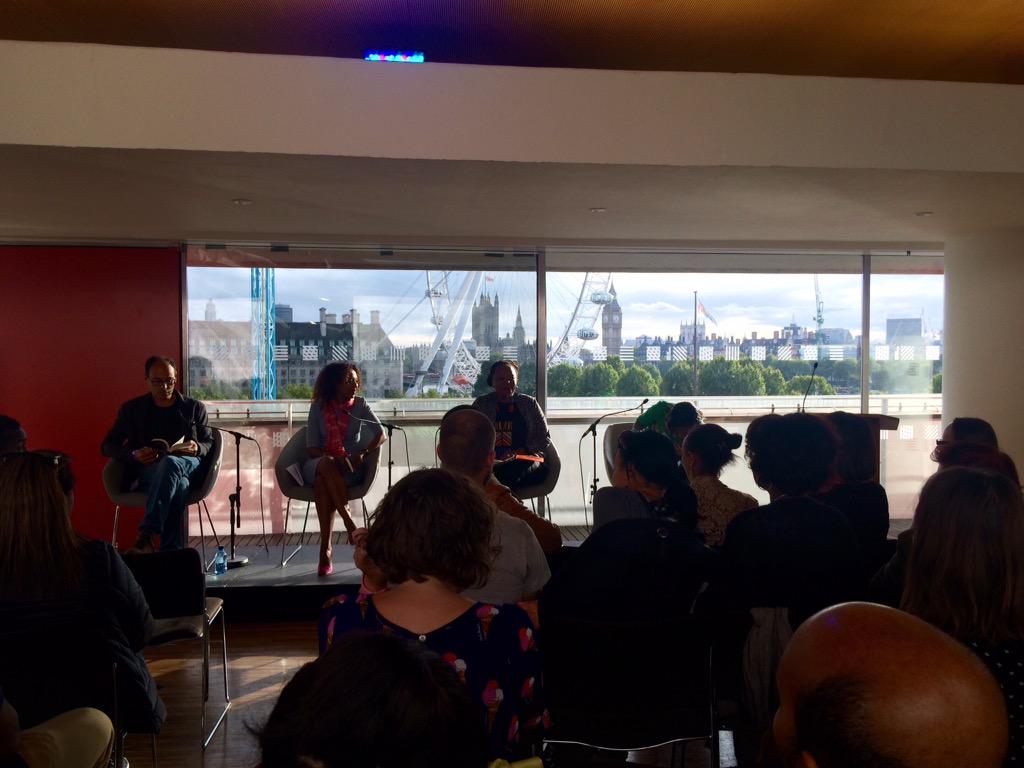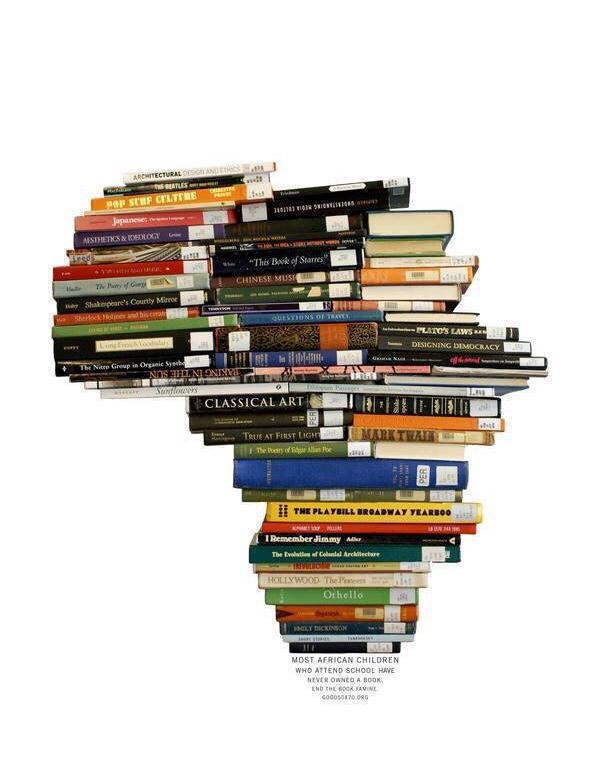“For the boys who will never be known
And the girls who become numbers”
– Stars without a Name
If you have been wondering how the recent happenings in the north-eastern part of the country are going to turn out, you might as well stop wondering and pick up Elnathan John’s Born on a Tuesday to check if it fits into what you thought they would look like. Not only has Elnathan John ventured into the murky waters of insurgency in the North-East, he has tried as best as he can to explain some of the things happening in the North-east so that those who have never been there nor know next to nothing about what operates in the north-eastern part of Nigeria can understand to a certain extent what the Boko Haram insurgency is all about without having to grapple with details. Elnathan brings to bear the situation in this part of the country through an engrossing story told by a young boy, Dantala, whose growth we witness, from boyhood to manhood.
Divided into four parts with 263 pages, is a book that chronicles the coming of age of Dantala from an innocent Almajiri who learns at the feet of Mallam Jinadu, to a street urchin under the tutelage of Banda, to a mosque boy taken in and groomed by Sheikh Jamal and finally a black spirit, resolute even in the face of death.
The book Born on a Tuesday takes its title from the name of the protagonist Dantala which means someone born on a Tuesday (P.33). It is narrated in the first person point of view which makes it more personal to the reader. It starts in Bayan Layi, in 2003 where we are introduced to the life of street urchins in the northern part of Nigeria as told by Dantala, a young Almajiri who ends up under the Kuka tree because of circumstances beyond his control. Who sends a child off to a Quaranic school under the instructions of a stranger for 12 years without checking on him and expects the child to turn out okay and return as a perfect man in the sight of Allah and his people?
Elnathan John touches on how politics is a tool that fuels the crisis in the north-eastern part of Nigeria. Although according to the book, the crisis between the Shia and Shiites has been in existence as far back as when Islam started, the elections were what opened the door to insurgency. Crisis are fueled by the politicians who give money to religious leaders to gain their supports causing division between ‘brothers’ who are supposed to have each other’s back.
Religion is supposed to bring equality among all but thanks to Born on a Tuesday, we now know that bigotry also exists in the religious circle. Mallam Abdul-Nur’s betrayal was alluded to him being a Yoruba man and according to Sheikh Jamal,
A Yoruba man is a Yoruba man.
No matter how Muslim they become.
They stab you in the back.
That is how they are. Hypocrites. (p.210)
Elnathan John does not just leave it at politics, religion and insurgency; he delves into issues like homosexuality, masturbation, adultery and prostitution which are usually not talked about whenever religion is discussed. Dantala’s inability to confront Abdulkareem and Bilal about what he sees and the Sheikh’s decision to ignore Dantala’s masturbation to talk about marriage shows the hypocrisy in the religious circle concerning issues like this.
Worthy of note is Dantala’s journal entries which started when Jibril starts to teach him English. These entries though in simple English which sometimes are wrongly made and cancelled reflects Dantala’s inner thoughts. They are deep and although they are sometimes serious, there are times when you can’t keep yourself from smiling at the humour presented in the narrations.
Born on a Tuesday is such a good read and until you have read it, you just might not understand what it really is about when they say ‘every king was once a crying baby’. We are first humans before religion, culture and tribe separates us.
Thanks Elnathan for bringing to mind the Burni Yadi boys who were murdered in their sleep at Federal Government College Burni Yadi, Yobe on the 25th of February 2014 and the 276 Chibok girls kidnapped from their dormitory at Government College Chibok, Borno State on 14th of April same year.

